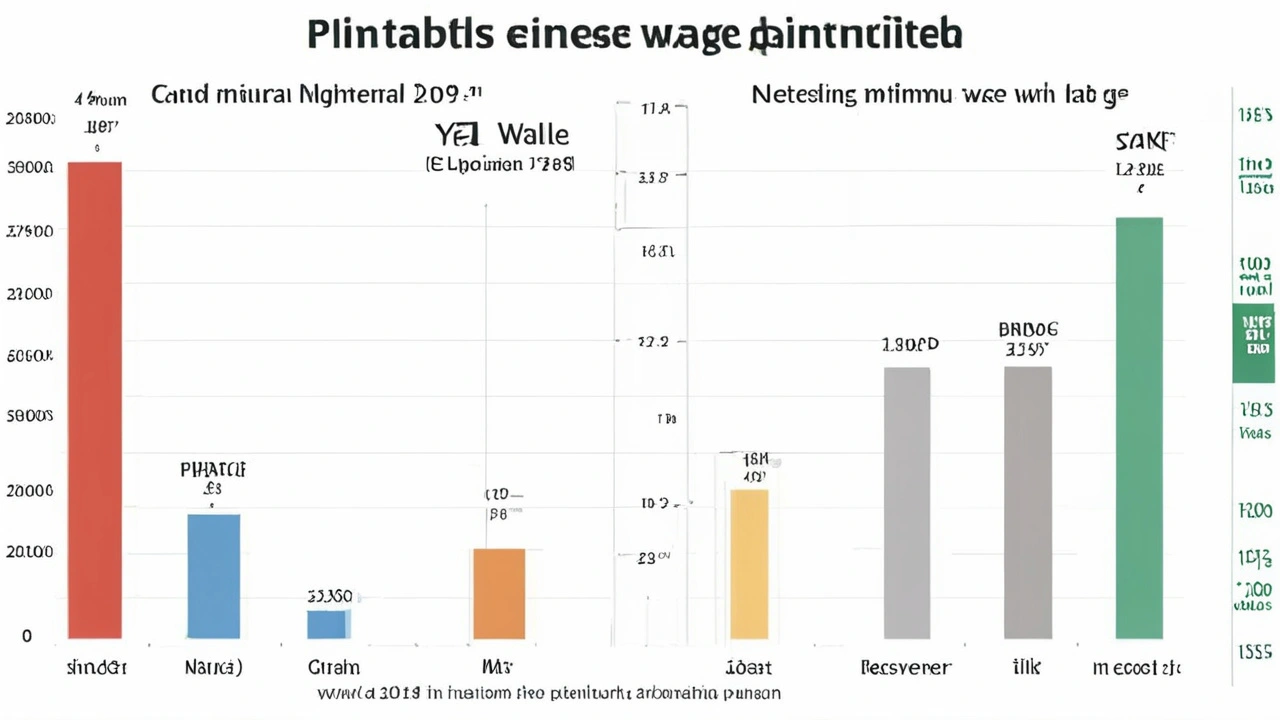Federal Government: How it works and why it matters
Ever wonder who decides taxes, national defence, or major laws? A federal government shares power between a national centre and smaller units like states or provinces. That split affects everyday things — schools, roads, health care and who sets the rules. Understanding the basics helps you read news and spot what actually affects your life.
In a federal system the national government handles issues that affect the whole country — defence, foreign policy, currency — while states or provinces manage local matters like education and policing. Countries such as the United States, India, Germany and Nigeria use federal systems, though each one divides responsibilities differently. The exact balance depends on the constitution, budget rules and how courts interpret power.
Federal systems can be practical. They let regions make choices that fit local needs and act as a check on central power. But they also bring challenges: overlapping duties, budget fights, and slow decision-making when different levels disagree. Watching who controls resources (taxes, grants, budgets) often explains why a policy succeeds or stalls.
How to follow federal government news — practical tips
Want clear, useful updates without hype? Start with official sources: ministry press releases, parliament or congress calendars, and government gazettes. Then check reliable news outlets for context and watchdog groups for independent analysis. When a headline claims a “federal decision,” ask three quick questions: which level made it, who pays for it, and when does it start? That cuts through vague coverage.
Track budgets and bills — they reveal priorities. If funding goes up for health or transport, expect projects and hiring. If a court rules on a federal law, it often reshapes who has final say. Use simple alerts: follow official social feeds, subscribe to a government newsletter, or set news alerts for key ministries and top officials.
Recent federal-government stories on Ginger Apple News
Here are some recent articles on our site that touch on national leadership and policy, with quick notes so you know why they matter:
- South Korea's President Lee Jae-myung Promises Renewed Talks with North Korea — shows how a national leader sets foreign policy and alliances.
- Zelenskyy Says Barring Ukraine from NATO Summit Hands Putin a Win — a good example of how international diplomacy and federal decisions mix.
- Trump's Global Ambitions Draw Worldwide Criticism — national rhetoric that affects global relations and security policy.
- World Cup 2026 Qualifiers: Egypt, Morocco, and Tunisia Shape Africa’s Race — sports stories often tie back to national federations and government support.
- University of Nairobi Tops Kenya's University Rankings — education falls under national policy and funding decisions.
Want more focused alerts? Use the federal government tag on our site to follow stories about national laws, budgets and leadership. If a headline matters to your city or region, check which level of government is responsible before you share.
Understanding the federal split makes news clearer — and helps you know who to hold accountable when decisions change your life.
Nigeria's Labour Demand Could Exceed N85bn Monthly, Warns SBM Intel
By Sfiso Masuku On 11 Jul, 2024 Comments (9)

The labour demand for a higher minimum wage in Nigeria could cost the government N85 billion monthly. The current proposal from labour unions could nearly double government personnel costs, challenging the federal budget and requiring potential adjustments. The debate revolves around a significant increase from N30,000 to N615,000 monthly, driven by rising living costs.
View More




